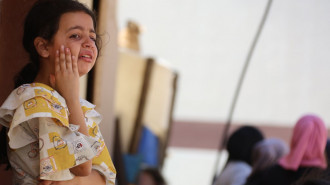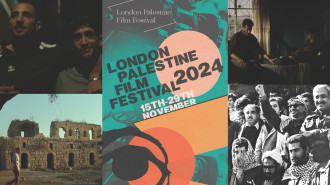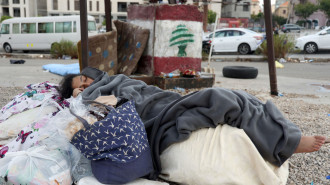Afghanistan's youthquake: Young activists lead the way
The country's rate of youth unemployment stands at 40 percent, compared with 11 percent in Britain and nine percent in the US.
Only 31 percent of Afghans over 15 years old can read. The Taliban has recruited Afghan children, and Iran has sent some as far as Syria to fight on its behalf.
The risks to youth far outweigh their opportunities, yet, amid the civil war and terrorism that has plagued Afghanistan since the 1970s, Afghans such as Hamidullah Barakzai provide reasons to hope.
Hamidullah is a student in Helmand, an Afghan province that the Taliban has turned into a stronghold, and an employee of the Tawhid Social and Development Organization.
Fluent in English, Pashto, Persian, and Urdu, Hamidullah is studying in Kabul to obtain a bachelor of arts in English literature.
He then hopes to work for the Afghan government, whose interactions with Pakistan and the US will require his familiarity with both countries' languages.
When many in the Western world reflect on Afghanistan, they think of millenarian Islamic fundamentalists such as the adherents of the Taliban, not educated up-and-comers like Hamidullah.
"I want to write about those children or boys who are mentally affected by the ongoing conflict in Afghanistan and those who are also affected by watching extremist videos," he told The New Arab, reflecting on the problem of radicalisation.
"I want to prepare something that guides English teachers through all issues," he said in a later interview. "For example, what they should teach, to what level, and also I want to explain about the age and abilities of students."
Hamidullah's interests draw from his experiences across Afghanistan. His goal of implementing social change with the assistance of tribal councils has brought him from Helmand to Nangarhar, an Afghan province once overrun by the Islamic State group.
 |
In the 1990s, the Taliban banned Afghan girls from attending school. In 2017, however, a team of young female Afghan roboticists won a competition in Estonia. |  |
Despite working in some of Afghanistan's most conservative regions, he has maintained an open mind on social issues such as ethnic conflict, religious intolerance, and women's rights - contentious topics for many Afghans.
Ethnic rivalries divide Hazaras, Pashtuns, Tajiks and Uzbeks in the central government; there are a multitude of problems that Islamic fundamentalism has caused in a country that has suffered invasions by two secularist superpowers; while there are unique challenges encountered by women in the Afghan National Defence and Security Forces.
In the 1990s, the Taliban banned Afghan girls from attending school. In 2017, however, a team of young female Afghan roboticists won a competition in Estonia.
The American University of Afghanistan (AUAF), meanwhile, provides Afghans opportunities that they never could have enjoyed before 2001.
For a country once ruled by one of the most repressive governments in the world, Afghanistan has come far, and the young are benefitting.
The Taliban, the ultimate enemy of Afghanistan's expedition into modernity, has attempted to limit the opportunities available to Afghan youth.
In 2016, the insurgents kidnapped two AUAF professors. An attack on the university the same year resulted in 16 deaths and fifteen injuries. Nonetheless, AUAF remains open, and students like Hamidullah are still going to school.
Some observers have noted the rise of "hipsters", a phenomenon once thought unique to the West, in a country long considered hostile to outside influence.
Whereas the Taliban shuns foreign lifestyles, many young Afghans are looking abroad for solutions to their country's internal problems. International friendships, established online, mark a development that should alarm the Taliban: the ascent of a democratic, internationalist, liberal Afghan youth.
Austin Bodetti is a freelance journalist focusing on conflict in the greater Middle East and a student in the Gabelli Presidential Scholars Program at Boston College majoring in Islamic Civilization and Societies and studying Arabic and Persian.
He has reported from Indonesia, Iraq, Myanmar, South Sudan and Thailand, and his writing has appeared in Motherboard, The Daily Beast, USA Today, Vox, Wired, and Yahoo News.
![Afghanistan youth [Getty] Afghanistan youth [Getty]](/sites/default/files/styles/image_345x195/public/media/images/AF863388-C8EB-4A97-B25C-534CB9EA149F.jpg?h=d1cb525d&itok=u0y2VEZn)


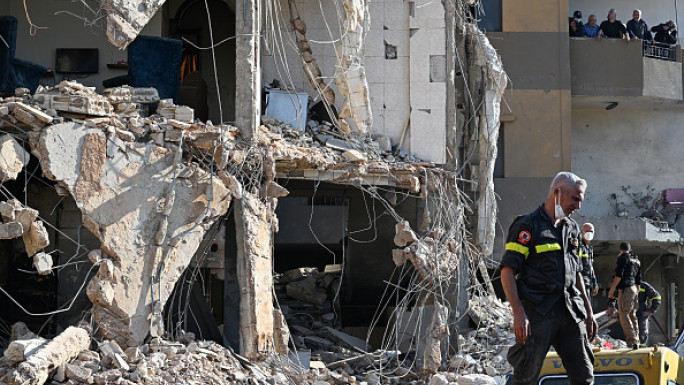
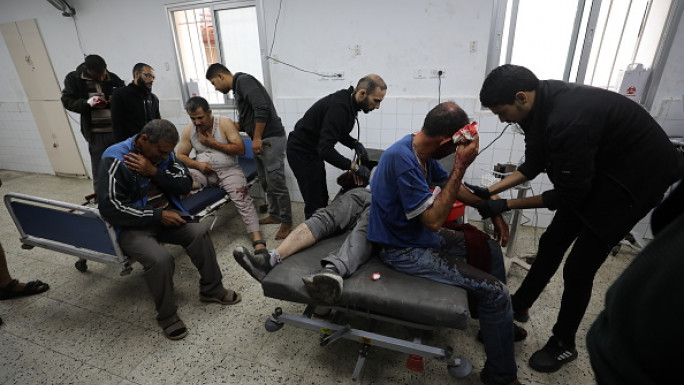
 Follow the Middle East's top stories in English at The New Arab on Google News
Follow the Middle East's top stories in English at The New Arab on Google News
